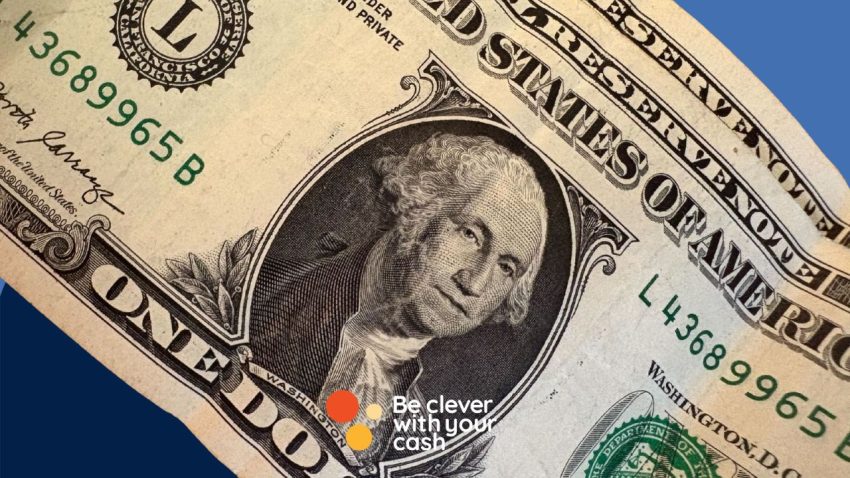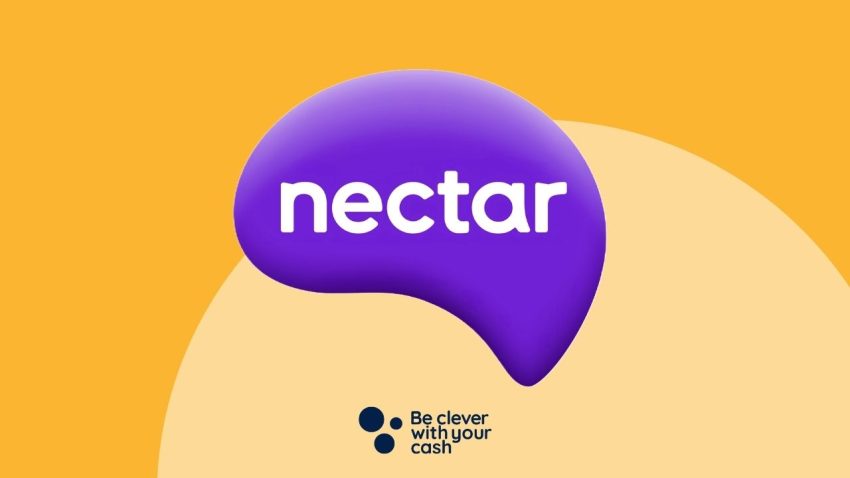With peak holiday season almost here, it’s a good time to talk about travel money – and the cheapest ways to spend abroad.
It’s possible to save hundreds of pounds just by choosing the best way to pay when abroad. Of course, this all depends on where you go, the type of holiday you have and how many of you are going. But these are the principles I follow, and you should be able to pick and mix to fit your holiday.
I’ve first taken a look at using credit and debit cards abroad, the further down I’ve shared my tips on travel cash.
[box]
Some articles on the blog contain affiliate links, which provide a small commission to help fund the blog. However, they won’t affect the price you pay or the blog’s independence. Read more here.
[/box]
Travel credit and debit cards
I use specialist cards for overseas spending
Normal bank cards are usually really expensive to use outside the UK. Most credit and debit cards companies add a 3%-or-so markup to the exchange rate. This is often called a “load fee”. There’s also often a charge per transaction, usually another quid or so, and another charge for using a cash machine.
The cards I use don’t charge these extras. In fact they give an almost perfect exchange rate, so they’re better than using a bureau de change. Savings are potentially worth around £30 to 40 per £1,000 when compared to changing your money at the airport.
The Halifax Clarity card has been the main card I’ve used for the last five or six years. It’s saved me a fortune, with the only charges coming in interest on cash machine withdrawals – though these can be avoided by paying off the balance straight away.
However my top card to use is now the Tandem credit card, which gives 0.5% cashback as well as fee-free spending. As with the Clarity, I obviously clear the balance in full each month to make sure there’s no interest charged.
I always pay in the local currency
This is an easy trick to get caught out by. You’re often asked if you want to pay in pounds or whatever the local currency is. If you chose pounds, the exchange rate will be far worse. So always choose euros, dollars or whatever it is. Just not pounds.
I take a backup card
You never know what could happen. A few years ago we traveled around South and Central America for six months. Not long into the trip I was pickpocketed, losing some cash and my essential Halifax Clarity card.
Luckily I had another card – and some cash – locked in the hostel safe, so we weren’t completely screwed. And when our friend joined us a month later, she bought over our replacement cards.
Right now, as a back up I use either my Starling or my Monzo current account. Starling has the edge over Monzo as it doesn’t have any limit on cash machine withdrawals abroad.
Also not everywhere takes Mastercard, so if it’s a long trip I’ll always have a Visa at hand just in case. This is my Nationwide Select credit card which is available to people with a Nationwide bank account. It doesn’t charge fees on purchases abroad either – though it does add on a fair whack for cash machine use.
Travel cash
Though I use cards most of the time, it’s always handy to have cash – and there are plenty of places I’ve been where cards aren’t accepted.
I don’t take too much cash with me
It’s always difficult to know how much cash to take. I don’t want too much that I’m worried about having it on me, and I don’t want any left over at the end that’d I’d need to change back. But at the same time I don’t want to get stuck in a place where my cards aren’t accepted.
It depends too where you go. When I went to Cuba (this was in 2010 so things are likely to have changed) I took a lot more cash with me than I would if I went to France.
As a general rule I’ll always make sure I’ve enough to cover the essentials when I arrive such as transport from the airport, and then perhaps just £100 extra.
I order travel money in advance
One of the biggest mistakes people make is to leave exchanging cash until the airport. Do this and you’ll get the worst exchange rates.
Instead, order your money in advance. I use Money Saving Expert’s brilliant Travel Money Max comparison tool to find the cheapest option near me.
When I lived in London, this was often at one of three or four different bureaux de changes. I would generally pre-order and then collect it the next working day. It’s cheaper to exchange cash rather than pay with a credit or debit card.
Other options on Travel Money Max are to have the cash delivered by post, or to collect from an airport – still cheaper than walking up on the day you travel.
If you won’t want to shop around then John Lewis Finance price matches the other high street prices, and it’s possible to order to click and collect from Waitrose if you change more than £500.
I’ll rarely use cash machines overseas
Most debit and credit cards are an absolute nightmare for added fees. Most UK banks will not only charge a fee between 2% and 3% for each transaction, there’s often an extra fee for using a cash machine. This can easily be a couple of quid. Some charge a percentage which can work out as high as £4 per withdrawal.
These are on top of any charges you get from the local bank. We’re very lucky in the UK that we can take money out of most ATMs for free. In most countries I’ve been to that isn’t the case.
If I do need to withdraw any extra cash when abroad, I generally use one of the specialist cards mentioned above.
It’s worth noting with most specialist credit cards you do get charged interest on cash withdrawals, though this isn’t much if you pay the balance off quickly. There’s also a slight risk to your credit rating by using a credit card for cash withdrawals, though I’ve never had a problem myself.
Plus even though all these cards are “fee-free”, you might still get charged a cash machine fee by the local bank.
I pay upfront if I can
Whenever possible, I’ll pay in advance. And if I can, I choose the local currency and use my Halifax Clarity card.
This not only helps me budget as I’ll know what I’ve already spent, but it reduces the risks of cards or cash machines not working – a nightmare we faced in Uruguay and Bolivia a few years ago.
Watch more tips from me on getting the best rate when spending abroad on Shop Smart Save Money (May 2019)






What is the best for use in Japan, a Starling account, carrying cash or something else?
I recently used the MSE Travel Money Max and found a great rate. However, beware that the online rates are only valid if you pay online. If you order and pay on collection you only get that day’s exchange rate. This is not very clear on the websites that I tried. Hope this helps.
Have you any tips on the most efficient way to get Moroccan Dirham? I’m going to Marrakech late August – I’m aware it’s a closed currency – but not sure best way to get cash – and think I’ll need it more than card (I have Halifax Clarity Card). Should I pre load credit onto my Halifax Clarity, and use it at an ATM to withdraw cash – but could using the ATM incur charges? Should I take cash to convert? Should I convert at the airport or once I’ve got to the main part of Marrakech?
It’s probably a good idea to take a mix. So some cash to convert just in case there’s an issue with spending by card and withdrawing from ATMS. There shouldn’t be a charge for using the ATM, unless the local bank charges you. But it’s worth seeing what people say on travel forums. Anyone who’s already been will have a decent idea